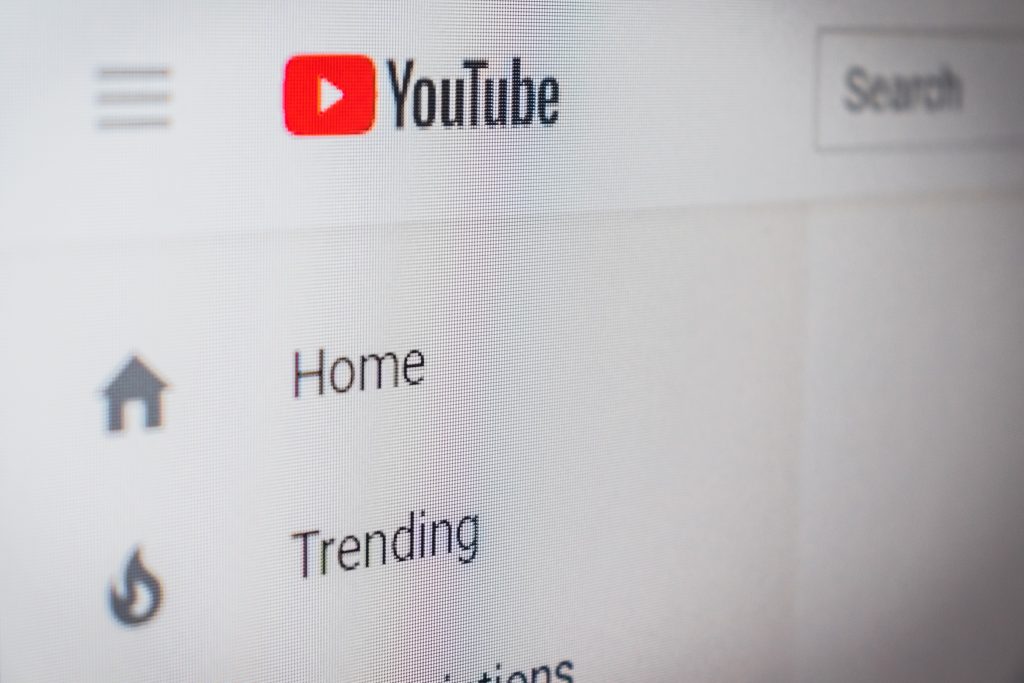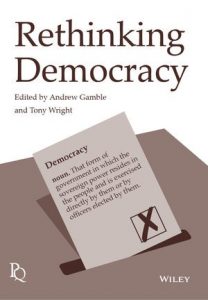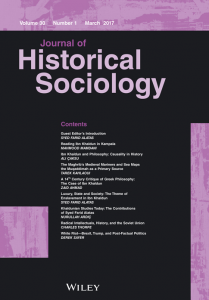In the digital ‘culture war’, left wing politics must capture online spaces – not just try to regulate them
by Alan Finlayson · Published · Updated

It is tempting to see in contemporary digital political communication nothing more than too many people, saying too much, too loudly. Or, as Plato put it when complaining of the Athenian Assembly, people ‘shouting or hammering their disapproval and approval, grossly exaggerated in either case, of the things that are said and done’.
That temptation is to be avoided. Our choice is not between acquiescence to elite authority on the one hand, and acceptance of our cacophonous public sphere on the other. We need to think carefully about how contemporary technologies are changing the ways in which we experience and take part in democratic politics.
Digital communications do not simply reflect or transmit political ideas and opinions. They give shape to thinking.And they have already changed the kinds of ideas that can have currency in our political culture, and the ways in which people apprehend, respond to and use them – from giving new life to conspiratorial thinking, to expanding the range of people who can play an active part in the refinement of our collective political intelligence.
Political communication is today commonly thought of by progressives as a problem. ‘Dark ads’, ‘bubbles’, ‘fake news’ are real problems and the impact of racist, sexist, homophobic, transphobic users on social media is serious and must not be underestimated. But the way we frame these problems increases our risk of succumbing to the anti‐democratic temptation which just wants the noise to stop.
Remedies such as the revision of electoral law and more effective regulation of social media companies have their merits. But there is a risk that in thinking the new in the terms of the old, we end up adopting a position that is reactive and defensive in ways that disable us from seeing what is really happening and working out how best to respond.
Changes in the technologies and uses of communication alter the ‘constitution’ of political society. The question for political analysis is how to understand that change – how people’s relationship to government and politics is being altered, how politics is becoming something different from what we thought it was. Then we have to think about how to act not only on the digital public sphere but within it, in ways that can defeat manipulation, promote factual and rational analysis and defend our people from attack.
‘PJW’
Paul Joseph Watson is likely unknown to most Politics or Sociology scholars. Born in 1982 in Sheffield he has been an advocate of all kinds of conspiracy theories and taken under the wing of the notorious North American conspiracy ‘shock-jock’ Alex Jones of Infowars. He posts videos to YouTube attacking liberalism, feminism and immigration as well as discussing popular and contemporary culture.
Why should we know or care about him?
Consider the numbers. At the time of writing Watson has 974k followers on Twitter and 1.669m subscribers on You Tube where his most watched video has been seen 12m times. To put this into context: The Labour Party has 27643 subscribers and its most watched video has been viewed 668k times; BBC Newsnight has 389k subscribers.
Watson’s prolific output attracts attention across the world but also from younger people in the UK finding out about politics for the first time. He links the curious viewer to a much larger political-intellectual ecosystem including other videos, extensive subsidiary discussion, debate on Reddit and other forums.
Watson (and other YouTube political superstars such the Conservative psychologist Jordan Peterson) belong to varied fractions of a ‘new, new right’, but they share in common a mode of political self‐dramatisation: they present themselves as individuals who will ‘think the unthinkable’, and ‘say the unsayable’.
Crucially, these performances show their audience how to think about politics and society in a very particular way. They give their audience ways of reacting against the world they believe to be unjust linking people, ideologies and political institutions in ways quite different from the era of, say, the printed pamphlet and the mass political party.
Conclusion
In altering the stages, scripts and dramas with which we perform our politics for each other, digital communication is also altering what people know (or think they know) about politics, and our relationships with each other.
In this world, the successful political performers will be those giving people something they can use – a script (ideas, arguments, slogans) that they can take up, adapt, improvise upon. The most successful of all will connect this to an ideological proposition, giving people the chance to perform an identity which makes them part of the historical drama: a spear‐thrower in the last‐ditch fight against the barbarians within or without.
This is rather different from a politics of participation in the construction of collective political intelligence. Establishing that would require appealing to audiences who want more from politics than ‘delivery’ and not being afraid of ideological argument, bringing forward the ethical and philosophical claims which underpin policies. There really is a ‘culture war’ underway and many of the online spaces have been captured by one side. It will take discipline of thought and speech to stand successfully against those who would harm our friends and take our democratic politics from us.
Alan Finlayson is Professor of Political and Social Theory in the School of Politics, Philosophy, Language and Communication Studies at the University of East Anglia .

The above is adapted from The Political Quarterly special issue article Rethinking Political Communication (free to read until end September 2019) and chapter in Rethinking Democracy, edited by Andrew Gamble and Tony Wright (Political Quarterly Monograph Series, 2019). For information on launch events throughout the year, see here.





